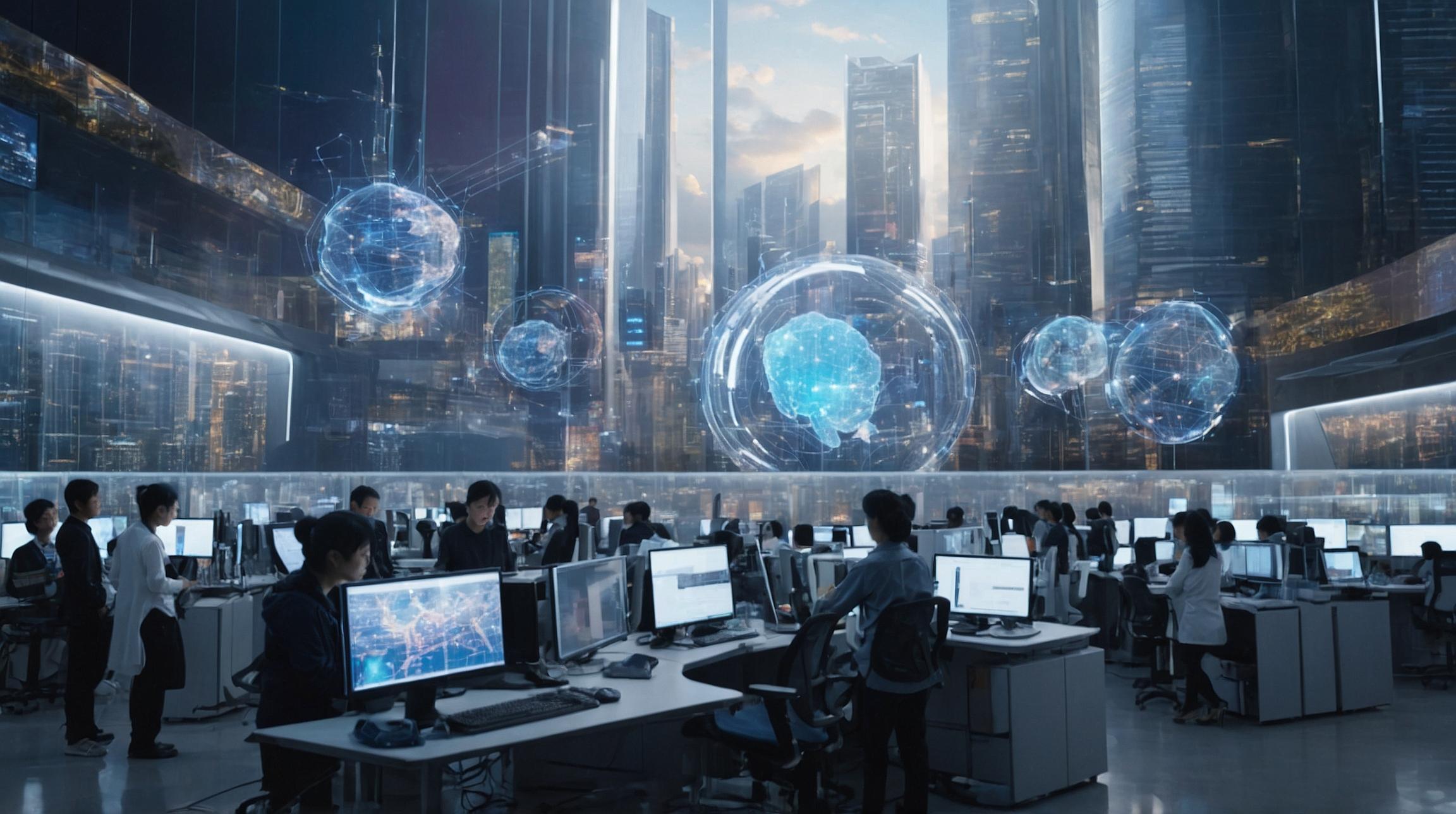OpenAI’s Vision of AGI Drives Industry Expansion Amid Rising Concerns
At the core of every powerful institution lies a belief system that justifies its expansion, often at odds with its stated mission. For OpenAI and the broader artificial intelligence sector, this ideology centers on the pursuit of artificial general intelligence (AGI) intended to “benefit all humanity.” Journalist Karen Hao, author of Empire of AI, argues that OpenAI has become the chief evangelist of this vision, wielding economic and political power comparable to nation states.
OpenAI’s Empire: Economic and Political Influence
In a recent discussion with TechCrunch, Hao described OpenAI’s dominance as an empire reshaping geopolitics and daily life. She emphasized that OpenAI’s approach prioritizes rapid development of AGI over considerations such as safety and efficiency. This focus on speed has led the company to rely heavily on scaling existing technologies through massive data ingestion and supercomputing power rather than pursuing more innovative or resource-efficient algorithmic improvements.
Resource Intensiveness and Industry Consolidation
The financial scale of this expansion is staggering. OpenAI projects expenditures of $115 billion by 2029, while Meta and Google plan tens of billions in AI infrastructure investments this year alone. Hao notes that this arms race has drawn most top AI researchers into corporate labs, shifting the discipline’s focus from academic inquiry to corporate-driven agendas.
Costs and Harms Behind the Promise of AGI
Despite ambitious claims about AGI boosting economic abundance and scientific discovery, many experts remain skeptical about its arrival. Meanwhile, AI’s rapid deployment has generated significant harms, including job displacement, wealth concentration, and psychological impacts from AI-generated content. Hao also highlights troubling labor conditions for content moderators and data labelers in developing countries who face exposure to harmful material for minimal pay.
Contrasting AI Applications with Tangible Benefits
Hao advocates for recognizing AI systems that deliver concrete benefits without the associated harms, citing Google DeepMind’s AlphaFold as a prime example. AlphaFold’s ability to predict protein structures supports medical research without the extensive data scraping or environmental costs typical of large language models. This contrast underscores the potential for AI development paths that prioritize safety and utility over speed and scale.
Geopolitical Narratives and Silicon Valley’s Role
The AI race narrative, particularly the goal of maintaining U.S. dominance over China, has framed much of the industry’s urgency. However, Hao contends that this has backfired, with the competitive gap narrowing and Silicon Valley’s influence contributing to global illiberal trends rather than liberalization.
Challenges in Balancing Profit and Purpose
OpenAI’s hybrid structure—a blend of nonprofit and for-profit elements—complicates its mission to benefit humanity. Recent agreements with Microsoft hint at plans for a public offering, intensifying concerns about prioritizing commercial success over ethical considerations. Former OpenAI safety researchers and Hao warn that enthusiasm for products like ChatGPT may mask underlying societal harms, risking a disconnection from reality driven by ideological zeal.
“There’s something really dangerous and dark about that, of [being] so wrapped up in a belief system you constructed that you lose touch with reality,” Hao stated, underscoring the risks inherent in the industry’s current trajectory.
FinOracleAI — Market View
OpenAI’s aggressive pursuit of AGI and the associated massive capital expenditures signal continued rapid growth and innovation within the AI sector. However, the prioritization of speed over safety and efficiency introduces significant risks, including regulatory backlash, ethical challenges, and public skepticism. Investors should monitor evolving regulatory frameworks, corporate governance shifts at OpenAI, and advancements in alternative AI approaches that emphasize safety and sustainability.
Impact: neutral













